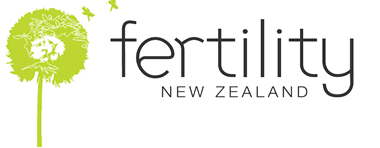Age and Fertility
In 2011, the average age of women undergoing ART treatment cycles in NZ and Australia was 36 years and men 38.3 years. Women in the age range of 25-29 years undergoing fresh non-donor treatment cycles achieved a live birth rate of 26.6%. In contrast, the rate of live births of women aged 40-44 years was only 6.6 %.
Despite the substantial evidence of an age-related decline in female fertility, women are often ignorant of the risks associated with delaying childbearing.
A study of New Zealand university students (Lucas and Shelling, University of Auckland) has revealed that New Zealand students have unrealistic beliefs about both the impact of age on fertility and success rates of fertility treatment. Most respondents (81%) indicated they wished to have children in the future but planned to do this ‘late’ or ‘very late’. The students believed fertility treatment to be more successful than actual success rates. They also predicted fertility decline to occur much later than it occurs in reality.
Egg freezing may become an option for those wishing to delay parenthood, but it is expensive. In women aged 35 or younger, one egg freezing cycle will give a 50% chance of a child (using frozen eggs).
AMH (Anti Mullerian Hormone) testing may help indicate how critical time is, especially for women who will have an earlier loss of ovarian reserve than average.
For older couples, it is even more imperative that they undergo a fertility fitness programme prior to conceiving to enhance their chances of a healthy pregnancy and child.
It may be advisable for women over 35 years of age to seek help after 6-9 months of trying to conceive.
Women over 40 years of age are not eligible for publicly funded fertility treatment.
